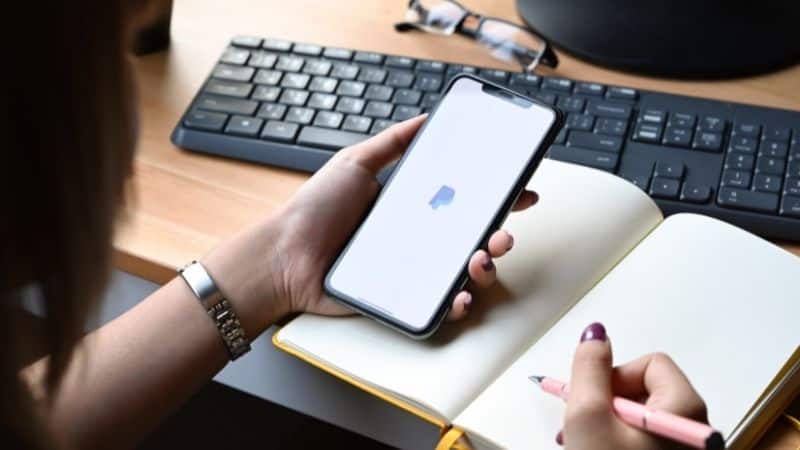Is Paypal Safe?

Table of Contents
In the world of modern technology, it can be a worry that all the personal information we give out isn’t safe and is accessible to people that want to steal our data and run riot with it.
These concerns are valid, so how can we be sure that sites such as PayPal are as secure as they claim they are? let’s look at a few points for reassurance.
PayPal is a safe way to pay online. It was started in 1998 and is currently used hundreds of millions of times a day.
It is considered one of the safest methods of paying online, possibly safer than using a credit card because it uses strong encryption.
Encryption
PayPal has always been focused on ensuring that your money is safe when you use its services.
Their servers perform various security checks to ensure that users are using the right type of browser and operating systems.
Users must use an approved browser to conduct any type of payment via PayPal.
PayPal stores all its data in a single online vault system it also follows PCI DSS, which is a set of standards used by PayPal credit card companies to safeguard user data and prevent theft and fraud.
Basically, it’s an online payment service that doesn’t expose credit card numbers or bank accounts during transactions.
This means that people using PayPal are protected by law when using their credit cards on other sites. This information is very reassuring indeed!
PayPal Features
Paypal also offers various features that add to its security measures.
To login to Paypal, you need a password as well as additional information such as a security code that is sent via SMS or email. This helps protect users from fraudulent activity.
When it comes to fraud monitoring PayPal closely monitors transactions and will send you a notification if there is any suspicious activity on your account.
In addition, If you bought an item using Paypal and didn’t receive what was promised, you may be able to get your money back.
You must contact them within a certain time period after you paid and they will investigate for you.
Risks
All online platforms carry some risk. Since payment platforms such as PayPal use your personal information and financial data, they attract hackers.
Scammers want to steal your login credentials and use them to make illegal purchases.
A hacker may also try to make unauthorized purchases online bu using your saved login information.
You should always check out emails carefully before clicking on any links because some people try to trick you into downloading malicious programs onto your computer.
If the email address is wrong, or if the greeting does not contain your name, do not open the link.
Instead, forward the email to PayPal @ paypal.com so their experts can investigate.
Personal Protection
Taking personal responsibility is crucial even if you trust the programme you are using.
As we’ve seen PayPal itself isn't infallible so you must also do your part by protecting passwords etc.
Using two-factor authentication is important and a good way to protect your security.
In addition to looking after passwords, you should delete unused accounts and accounts associated with old email addresses.
Delete inactive PayPal accounts and make sure you delete all information form them.
Linking Cards Or Accounts?
When you link a credit card to your PayPal account instead of your bank account, you can take advantage of the extra consumer protections offered by credit cards.
If someone uses your credit card number without authorization, then you won’t be liable for any unauthorized transactions.
This protects you from losing money if someone steals your credit card information.
However, linking your bank account or debit card might mean that you could lose money temporarily if someone tries to steal your bank account information as you may not be able to get reimbursed until after 180 days.
In Summary
Paypal is a fairly safe way of managing financial transactions however it's wise to stay alert and play your part in keeping your data safe.
